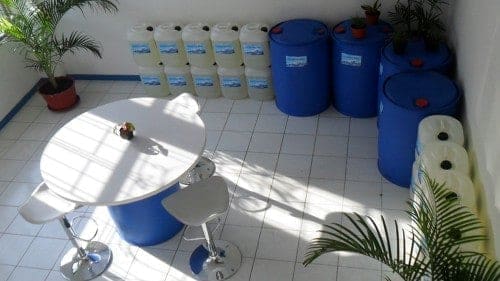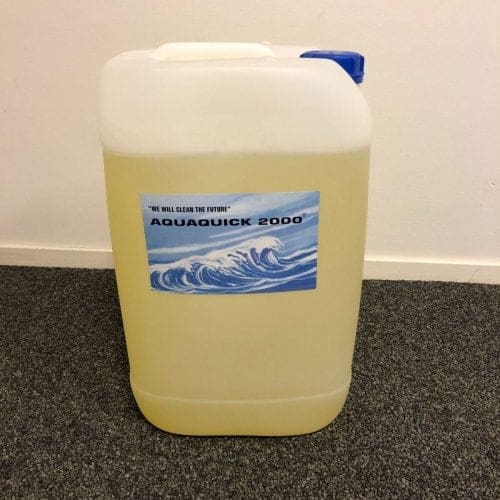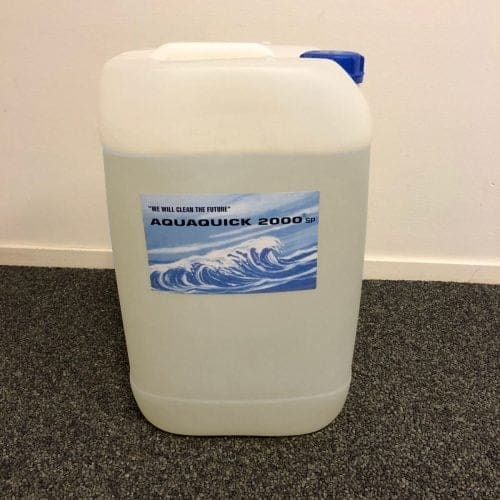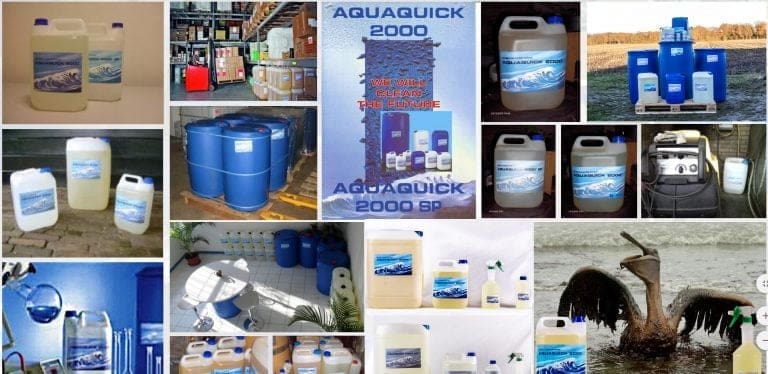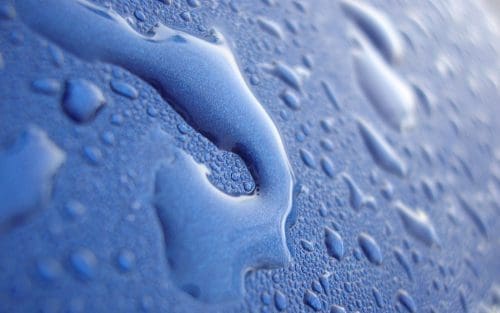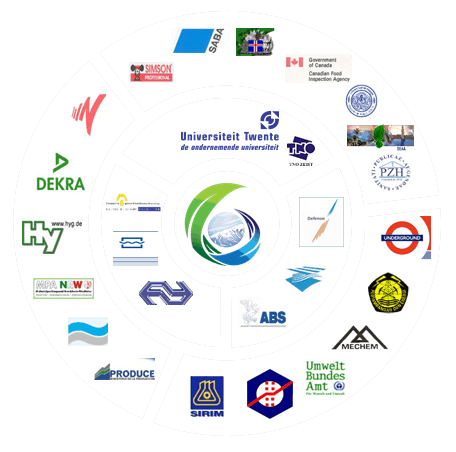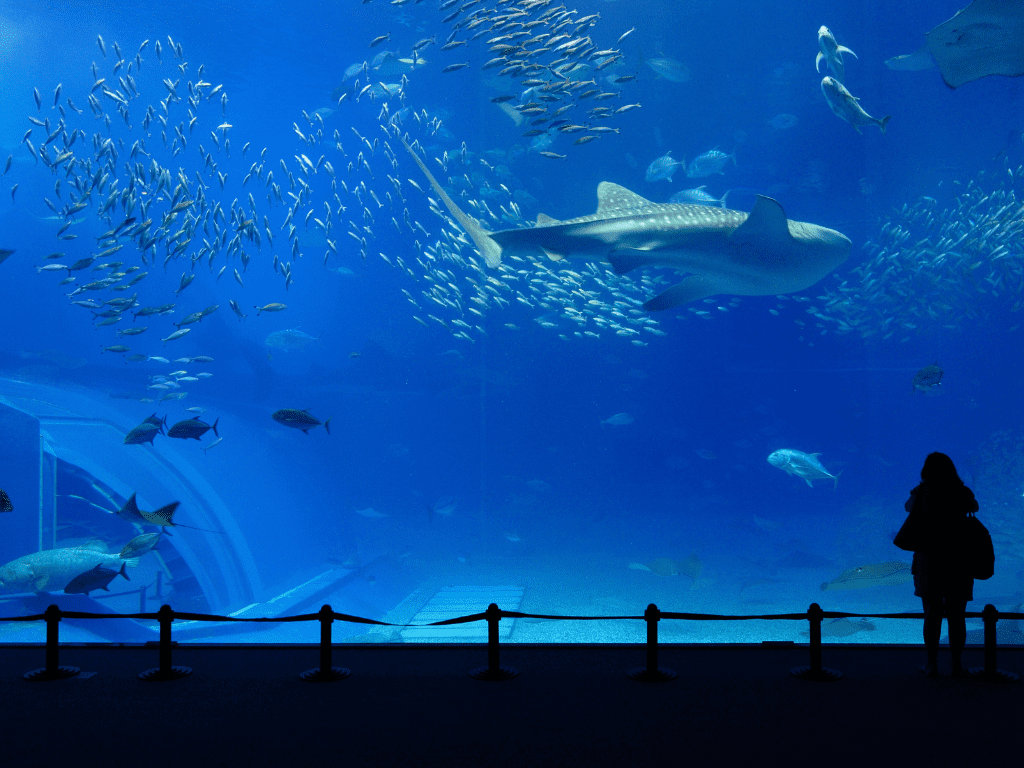Introduction
When diving into the world of saltwater aquariums, hobbyists often find themselves torn between two popular options: marine tanks and reef tanks. Each type offers a unique experience, catering to different levels of commitment, interest, and expertise. Whether you’re fascinated by the vibrant colors of fish or the intricate beauty of corals, understanding marine vs. reef tanks and their differences is crucial in making the right choice for your aquatic adventure.
What is a Marine Tank?
A marine tank, often referred to as a saltwater aquarium, is designed to house a variety of saltwater fish, invertebrates, and sometimes live rock. These tanks focus on creating an environment that mimics the open ocean or coastal waters, providing a home for fish and other marine creatures.
Types of Marine Tanks
There are different types of marine tanks, each offering a distinct experience:
- FOWLR (Fish Only with Live Rock): As the name suggests, these tanks house only fish, with live rock added for aesthetic appeal and biological filtration.
- Fish Only: These setups exclude live rock, relying instead on artificial decorations and advanced filtration systems.
- Predator Tanks: Designed for larger, predatory fish, these tanks focus on species like lionfish and groupers.
What is a Reef Tank?
Reef tanks take marine aquariums a step further by incorporating live corals alongside fish and invertebrates. These tanks aim to replicate the complex ecosystems found in coral reefs, showcasing not just the vibrant colors of marine life but also the stunning structures and behaviors of corals. Though we’ll dive deeper into reef tanks shortly, it’s important to note that reef tanks are a specific type of marine vs. reef tank that includes both fish and a variety of corals and invertebrates, creating a more complex and vibrant ecosystem.
The Essence of a Reef Tank
Reef tanks are living, breathing ecosystems:
- Coral Species: A variety of corals, including soft corals, LPS (Large Polyp Stony) corals, and SPS (Small Polyp Stony) corals, form the backbone of reef tanks.
- Diverse Inhabitants: In addition to corals, reef tanks often house a mix of fish, shrimp, crabs, and other invertebrates that interact with the coral environment.
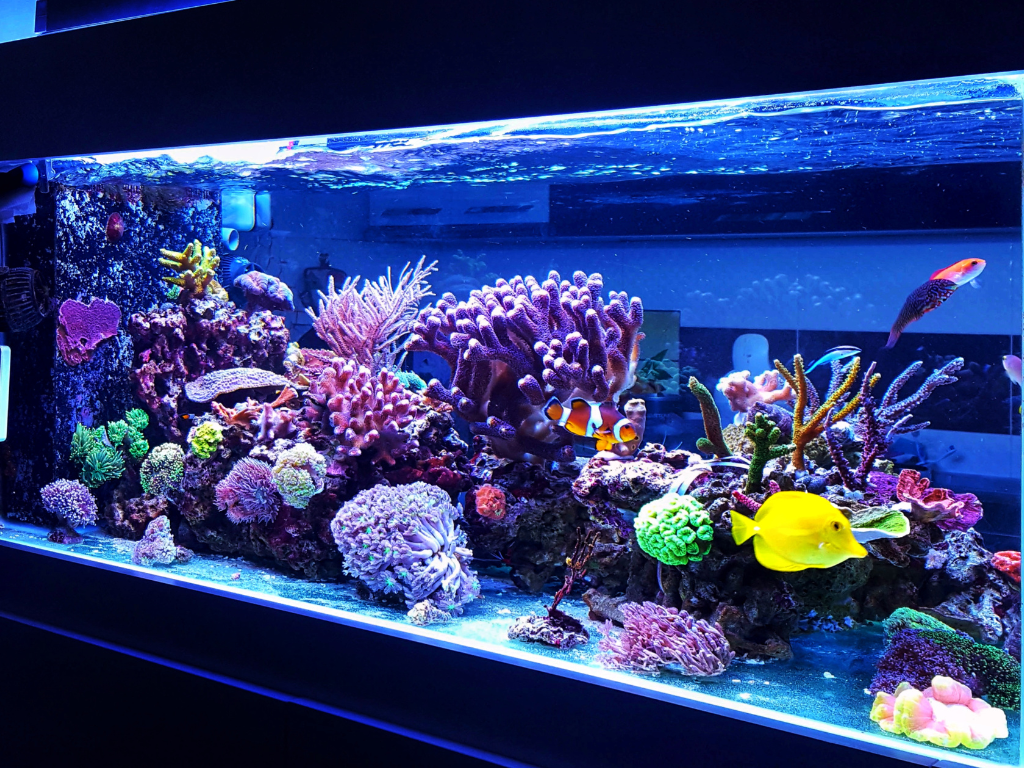
The purpose of this article is to help you understand the differences between marine and reef tanks. By the end, you should have a clearer idea of which tank type aligns with your interests, budget, and commitment level.
Key Differences: Marine Vs. Reef Tanks
Species Diversity
One of the most noticeable differences between marine and reef tanks is the variety of species each supports.
Marine Tanks: Fish-Centric Focus
Marine tanks are generally more focused on fish, with invertebrates like shrimps and crabs playing a secondary role. While some marine tanks may include soft corals, the emphasis remains on showcasing the fish species.
Reef Tanks: A Thriving Ecosystem
Reef tanks, on the other hand, are built around the coral species. Fish are still important, but they are selected based on their compatibility with the corals. The result is a diverse, vibrant ecosystem where corals, fish, and invertebrates coexist in a delicate balance.
Tank Setup and Equipment
The setup and equipment required for marine vs. reef tank differ significantly, reflecting the unique needs of each type.
Marine Tanks: Simplicity and Functionality
Marine tanks require a basic setup, which typically includes:
- Lighting: Moderate lighting to support fish and minimal coral growth.
- Filtration: Protein skimmers, canister filters, and powerheads for water circulation.
- Live Rock: Often used for biological filtration and aesthetic appeal.
Reef Tanks: Advanced and Specific Needs
Reef tanks demand more specialized equipment to cater to the needs of corals:
- Lighting: High-intensity LED or metal halide lights are essential to support coral photosynthesis.
- Water Chemistry: Calcium reactors, dosing pumps, and pH monitors are used to maintain the precise water chemistry required by corals.
- Flow: Multiple powerheads or wave makers ensure adequate water movement, crucial for coral health.
Cost Considerations
The financial investment required for marine and reef tanks can vary greatly.
Marine Tanks: Moderate Costs
Marine tanks are generally more affordable to set up and maintain compared to reef tanks. The simpler equipment, combined with the focus on fish rather than corals, keeps costs lower.
Reef Tanks: A Pricier Commitment
Reef tanks are more expensive due to the specialized equipment and the need for high-quality corals. Additionally, ongoing costs, such as supplements for maintaining water chemistry, can add up.
Maintenance Requirements
Both tank types require regular maintenance, but the intensity and complexity of the tasks differ.
Marine Tanks: Manageable Maintenance
Marine tanks involve regular water changes, cleaning, and basic water testing. The focus is on maintaining clean water for the fish, with less attention required for invertebrates and minimal coral.
Reef Tanks: Intensive Upkeep
Reef tanks demand a higher level of maintenance, including:
- Water Parameter Monitoring: Daily checks of pH, calcium, alkalinity, and magnesium levels.
- Coral Care: Regular trimming, feeding, and placement adjustments.
- Algae Control: Constant vigilance to prevent algae from overtaking the tank and smothering corals.
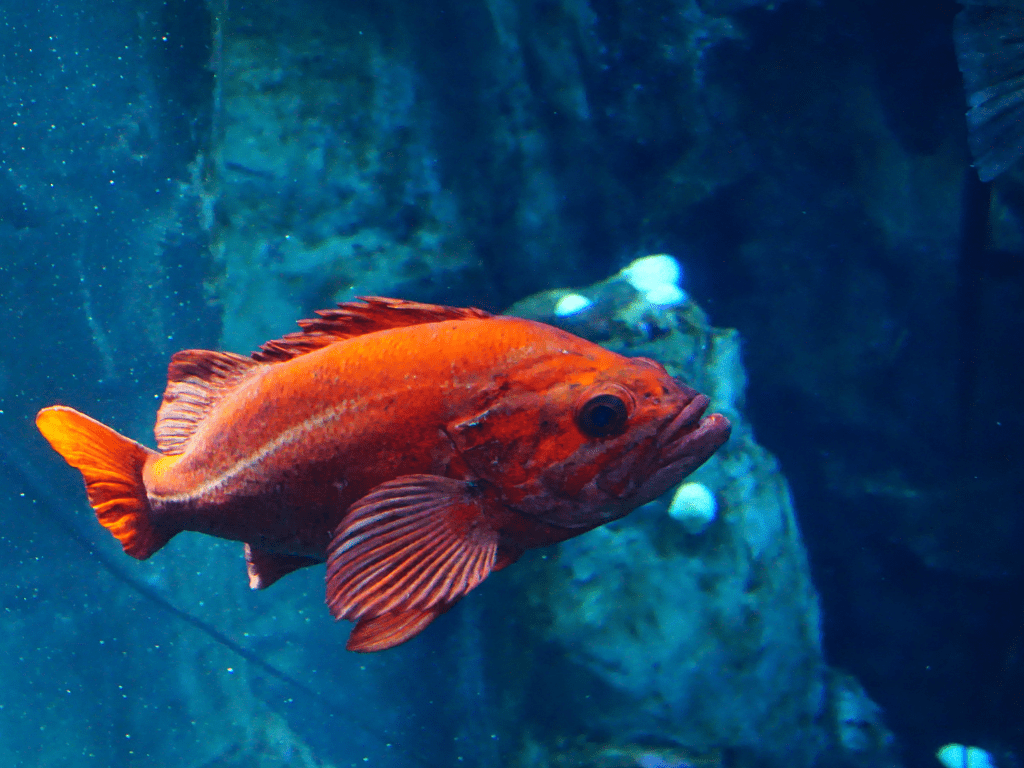
Benefits of Choosing a Marine Tank
For many aquarists, marine tanks offer a perfect blend of beauty and simplicity. Let’s explore some of the key benefits that make marine tanks an attractive option, especially for beginners or those seeking a more straightforward approach to saltwater aquariums.
Ease of Setup and Maintenance
One of the main advantages of marine tanks is their relative ease of setup and maintenance compared to reef tanks.
Beginner-Friendly
Marine tanks are an excellent starting point for those new to saltwater aquariums. The setup process is less complicated, requiring fewer specialized pieces of equipment. With a basic understanding of marine life and water chemistry, most beginners can successfully establish a thriving marine tank.
Lower Maintenance
Once the tank is established, maintenance is generally manageable. Regular water changes, basic water testing, and occasional cleaning are usually sufficient to keep the tank in good condition. The focus on fish rather than corals means that there is less need for intensive monitoring of water parameters, making it easier to maintain.
Variety of Fish Species
Marine tanks allow you to focus on a wide variety of saltwater fish species, each with its own unique colors, behaviors, and personalities.
A World of Color
Saltwater fish are known for their vibrant colors and diverse patterns. From the bold stripes of clownfish to the electric blue hues of tangs, marine tanks can showcase a dazzling array of species that are sure to captivate any viewer.
Species-Specific Tanks
For those who prefer to concentrate on a particular type of fish, marine tanks offer the flexibility to create species-specific setups. Whether you’re interested in predatory fish, peaceful community species, or even unique invertebrates like shrimp and crabs, marine tanks can be tailored to suit your interests.
Potential for Customization
Marine tanks provide a broad canvas for creative customization, allowing aquarists to design a tank that reflects their personal style and preferences.
Creative Freedom
Unlike reef tanks, which require careful consideration of coral placement and compatibility, marine tanks offer more freedom in terms of design. You can experiment with different decorations, rock formations, and even artificial coral structures without worrying about the specific needs of live corals.
AQUAQUICK 2000
A key aspect of maintaining a visually appealing marine tank is ensuring that the water remains clear and clean. AQUAQUICK 2000 plays a vital role here, simplifying the cleaning process and helping to maintain crystal-clear water. This not only enhances the appearance of your tank but also ensures that your fish are easily visible, showcasing their vibrant colors to full effect. Using AQUAQUICK 2000 in marine vs. reef tank setups can significantly simplify the cleaning process. It helps maintain clear water and prevents algae buildup, ensuring that your fish remain visible and healthy without the need for harsh chemicals.
Benefits of Choosing a Reef Tank
For those seeking a more immersive and rewarding aquarium experience, reef tanks offer unparalleled beauty and complexity. Here are some of the top benefits of choosing a reef tank.
Rich and Diverse Ecosystem

Reef tanks are more than just aquariums; they are living ecosystems that mimic the natural coral reefs found in the ocean.
Vibrant Coral Life
Reef tanks allow you to cultivate a variety of live corals, each contributing to the tank’s overall beauty and health. From the soft swaying of mushroom corals to the intricate branching of SPS corals, the diversity of life in a reef tank is truly remarkable.
Interactive Environment
In a reef tank, fish, invertebrates, and corals interact in a dynamic ecosystem. Watching these interactions unfold adds an extra layer of fascination, making reef tanks an ever-evolving display of marine life.
Aesthetic Appeal
The visual appeal of a reef tank is unmatched, offering a mesmerizing display that captures the essence of the ocean’s most beautiful environments.
Stunning Visuals
The combination of colorful corals, exotic fish, and unique invertebrates creates a living work of art. Reef tanks are often the centerpiece of any room, drawing attention and admiration from anyone who sees them.
Natural Beauty
Reef tanks replicate the natural beauty of coral reefs, providing a glimpse into the underwater world. The vibrant colors, flowing movements, and intricate structures make these tanks a joy to observe, bringing the serenity of the ocean into your home.
Challenges and Rewards
While reef tanks require more effort and attention to detail, the rewards are equally significant.
Satisfying Accomplishments
Successfully maintaining a reef tank is a rewarding experience. The challenge of creating a balanced ecosystem, nurturing corals, and watching them grow over time brings a sense of accomplishment that few other hobbies can match.
AQUAQUICK 2000
Given the delicate nature of reef tanks, it’s essential to use environmentally friendly products that won’t harm the sensitive coral ecosystem. AQUAQUICK 2000 is an ideal choice, as it helps keep your tank clean without introducing harmful chemicals. This ensures that your corals remain healthy and vibrant, allowing you to enjoy the full beauty of your reef tank.
Challenges in Maintaining Marine and Reef Tanks
Both marine and reef tanks come with their own set of challenges. Understanding these challenges will help you make an informed decision and prepare you for the responsibilities of maintaining your chosen tank type.
Water Quality Management
Maintaining optimal water quality is crucial in both marine and reef tanks, but the level of precision required varies.
Marine Tanks: Basic Monitoring
In marine tanks, water quality management involves regular testing of salinity, pH, and nitrate levels. While important, these parameters are generally easier to manage compared to the more complex needs of a reef tank.
Reef Tanks: Precise Control
Reef tanks demand a higher level of water quality management. In addition to salinity and pH, you’ll need to monitor calcium, alkalinity, and magnesium levels closely. Any fluctuations can have serious consequences for corals, making consistent monitoring and adjustments a necessary part of reef tank maintenance.
Feeding and Nutrition
The dietary needs of the inhabitants vary significantly between marine and reef tanks.
Marine Tanks: Simplified Feeding
Marine tanks typically house fish and invertebrates with straightforward dietary requirements. Regular feeding with high-quality marine fish food and occasional supplements are usually sufficient.
Reef Tanks: Specialized Nutrition
In a reef tank, the feeding process is more complex. Corals often require targeted feeding with specific nutrients, and some species of fish and invertebrates have specialized diets. Ensuring that all inhabitants receive proper nutrition is a critical aspect of reef tank care.
Pest Control
Pest management is essential to the health of both marine and reef tanks, but the methods and risks differ.
Marine Tanks: Easier Pest Management
Marine tanks are generally easier to manage when it comes to pests. Regular cleaning and the use of safe, effective products like AQUAQUICK 2000 can help prevent algae buildup and keep unwanted organisms at bay.
Reef Tanks: Delicate Balance
In reef tanks, pest control must be handled with extreme care. Many traditional pest control methods can harm corals or disrupt the delicate balance of the tank. The use of natural predators, manual removal, and careful selection of safe products are key strategies for maintaining a healthy reef tank.
AQUAQUICK 2000
AQUAQUICK 2000 is an excellent tool in managing algae and other pests in reef tanks without disturbing the sensitive ecosystem. By using this product, you can keep your tank surfaces clean and free of harmful algae, ensuring that your corals and other inhabitants thrive.
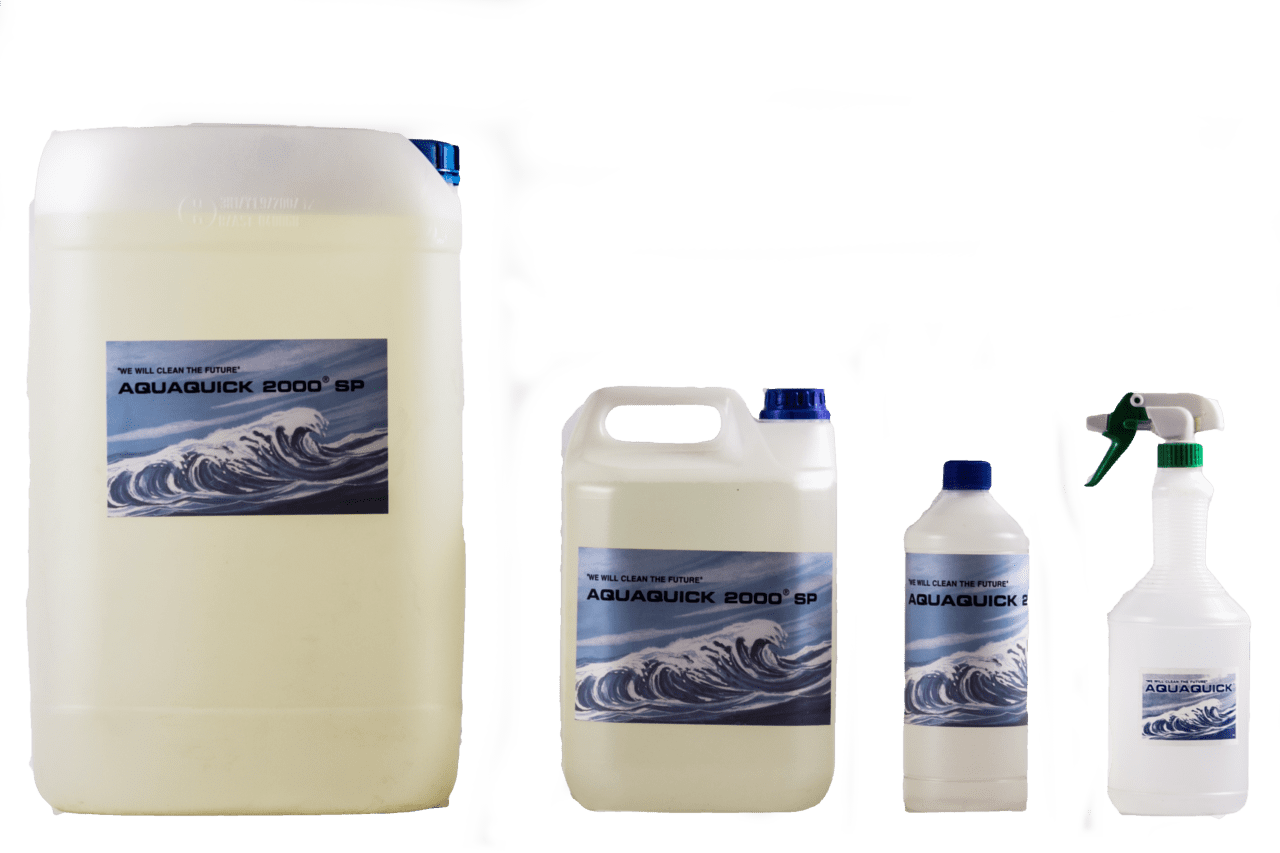
Making the Right Choice: Marine or Reef Tank?
Choosing between a marine and a reef tank is a significant decision, and it’s important to consider several factors before making your final choice. Your level of experience, the time you can commit, and your long-term goals all play a crucial role in determining which type of tank is best for you.
Assessing Your Commitment Level
The amount of time and effort you’re willing to invest in your aquarium will heavily influence your decision.
Marine Tanks: Ideal for Beginners and Busy Hobbyists
If you’re new to the world of saltwater aquariums or have a busy lifestyle, a marine tank might be the perfect fit. The simpler setup, lower maintenance requirements, and focus on fish make marine tanks easier to manage, allowing you to enjoy the beauty of a saltwater aquarium without the demands of a reef tank.
Reef Tanks: For Dedicated Enthusiasts
Reef tanks require a higher level of dedication and attention to detail. If you’re passionate about creating and maintaining a complex, thriving ecosystem, and you have the time to monitor water quality and care for corals, then a reef tank could be incredibly rewarding. However, be prepared for the challenges that come with maintaining such a delicate environment.
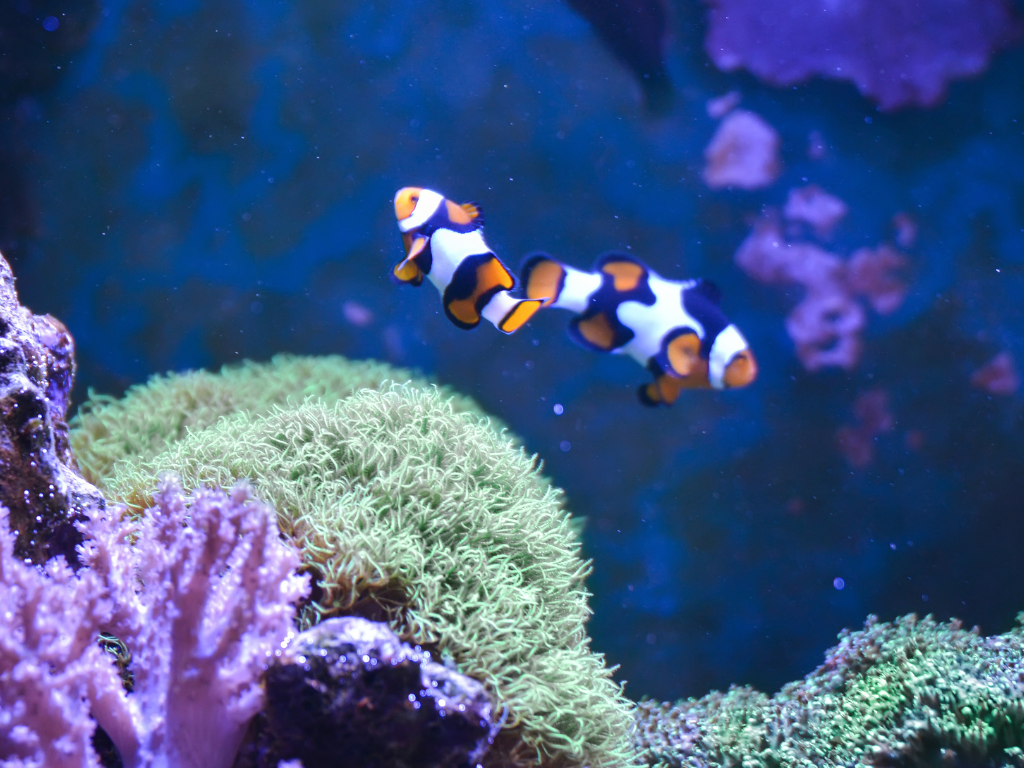
Long-Term Goals
Consider what you want to achieve with your aquarium in the long run. Your goals will guide your choice between a marine or reef tank.
Marine Tanks: A Colorful Display
If your primary goal is to enjoy the vibrant colors and behaviors of saltwater fish, a marine tank is an excellent choice. You’ll have the flexibility to curate a tank that focuses on a wide variety of fish species, and you can change your setup over time as you discover new interests within the hobby.
Reef Tanks: A Living Ecosystem
For those interested in cultivating a living, growing ecosystem, a reef tank offers unparalleled opportunities. Watching corals grow and thrive, and observing the intricate relationships between different species, provides a deep sense of accomplishment. If your goal is to create a miniature coral reef in your home, a reef tank is the way to go.
Final Recommendations
To help you make the best choice, consider the following tips based on your experience and goals:
- For Beginners: Start with a marine tank to build your skills and confidence in managing a saltwater aquarium. As you gain experience, you can explore the possibility of transitioning to a reef tank if your interest grows.
- For Experienced Aquarists: If you already have experience with saltwater tanks and are ready for a new challenge, a reef tank can provide a rewarding and immersive experience. Be prepared for the commitment, but also for the incredible beauty and complexity that a reef tank can offer.
- For Budget-Conscious Hobbyists: Consider the long-term costs associated with each type of tank. Marine tanks typically have lower initial and ongoing costs, while reef tanks require a more substantial financial investment in both equipment and livestock.
Conclusion
When it comes to choosing between a marine and a reef tank, there is no one-size-fits-all answer. Both types of tanks offer unique experiences, catering to different levels of interest, commitment, and expertise. Marine tanks provide a simpler, more focused approach, perfect for beginners or those who want to enjoy the vibrant colors of saltwater fish without the complexities of coral care. On the other hand, reef tanks offer a rich, dynamic ecosystem that challenges and rewards dedicated aquarists who are passionate about replicating the beauty of coral reefs.
As you consider your options, think about your long-term goals, your level of experience, and the amount of time and effort you’re willing to invest. Whether you choose a marine tank or a reef tank, the key is to enjoy the process and take pride in creating a thriving aquatic environment in your home.
Remember, regardless of the type of tank you choose, products like AQUAQUICK 2000 can play an essential role in maintaining the health and cleanliness of your aquarium. By using environmentally friendly cleaning solutions, you can ensure that your tank remains a safe and beautiful habitat for all its inhabitants.
Happy aquascaping!


